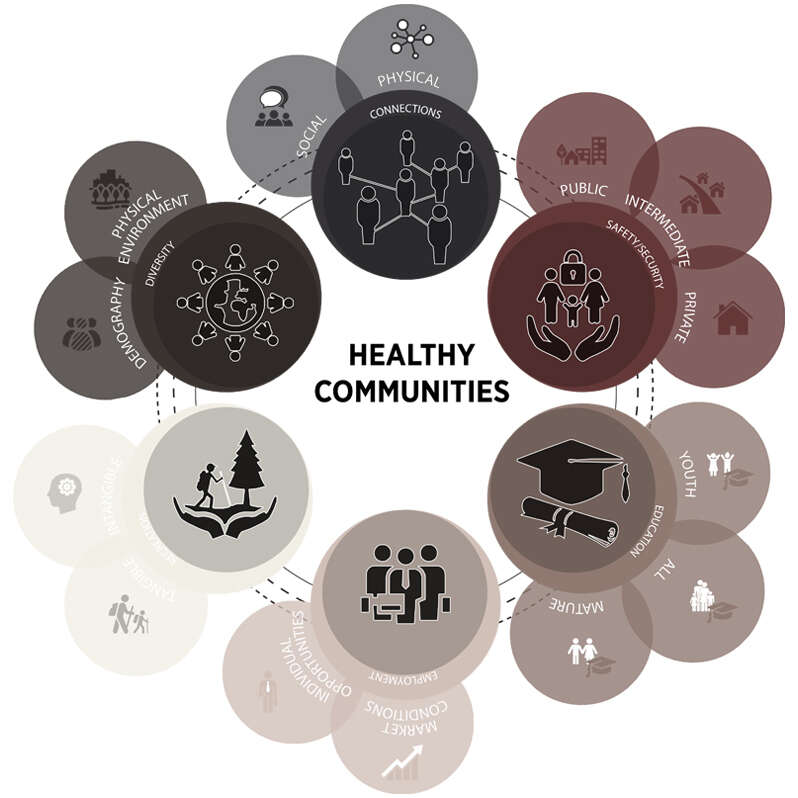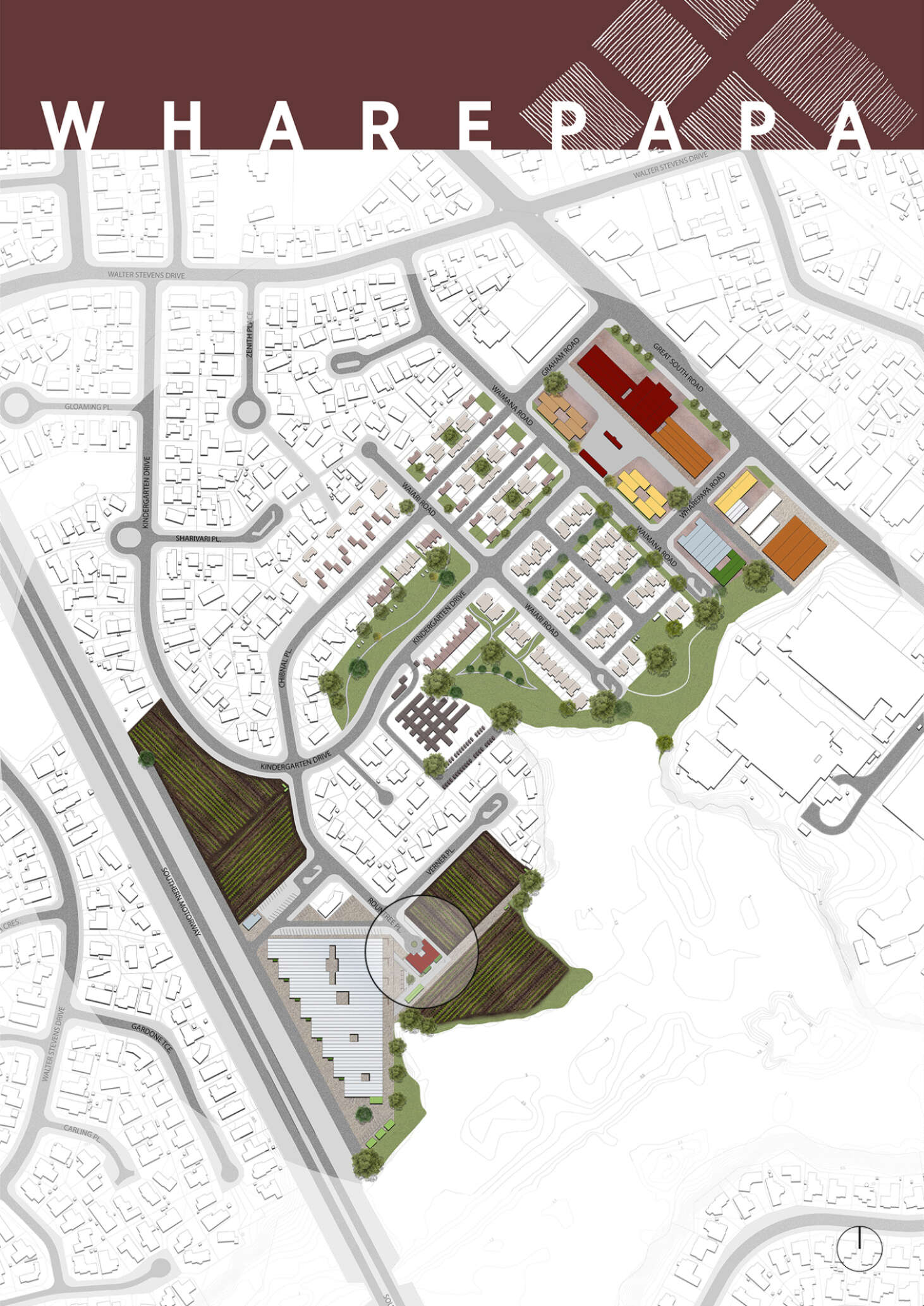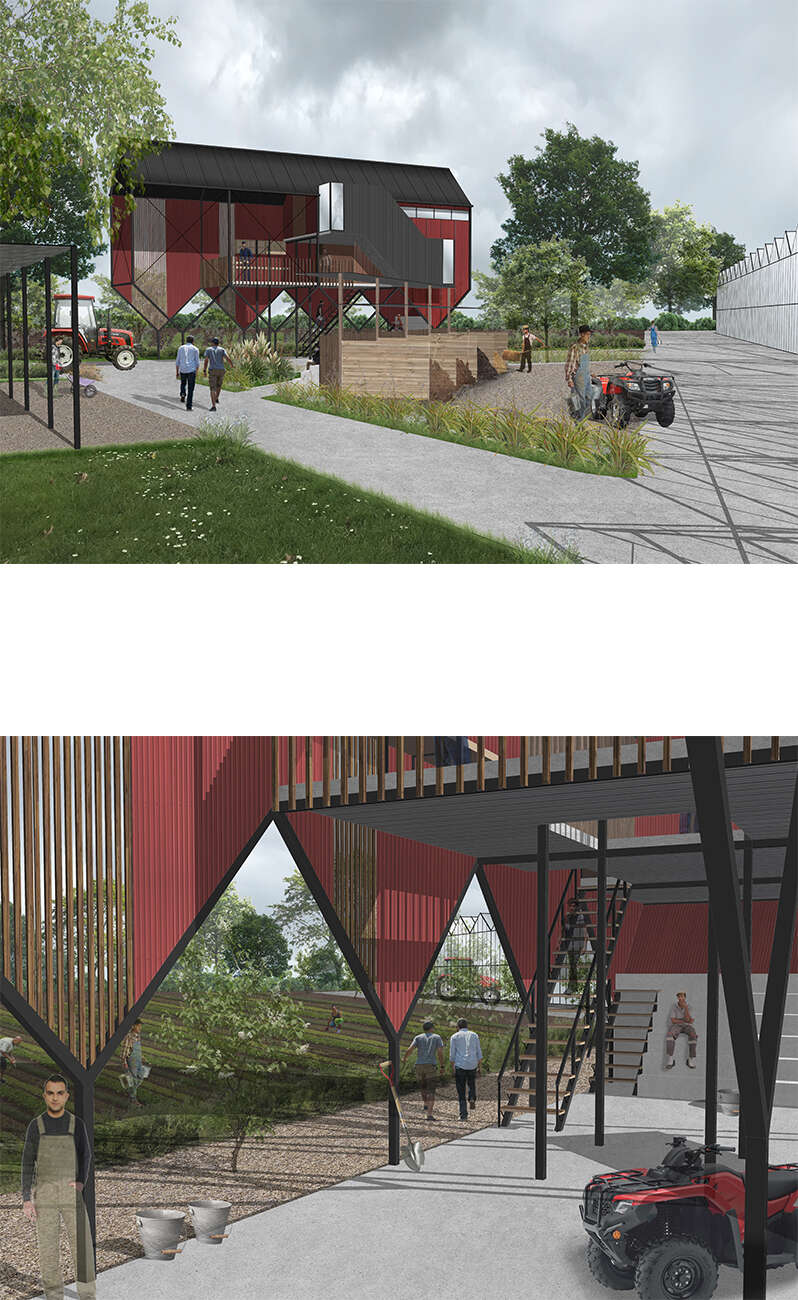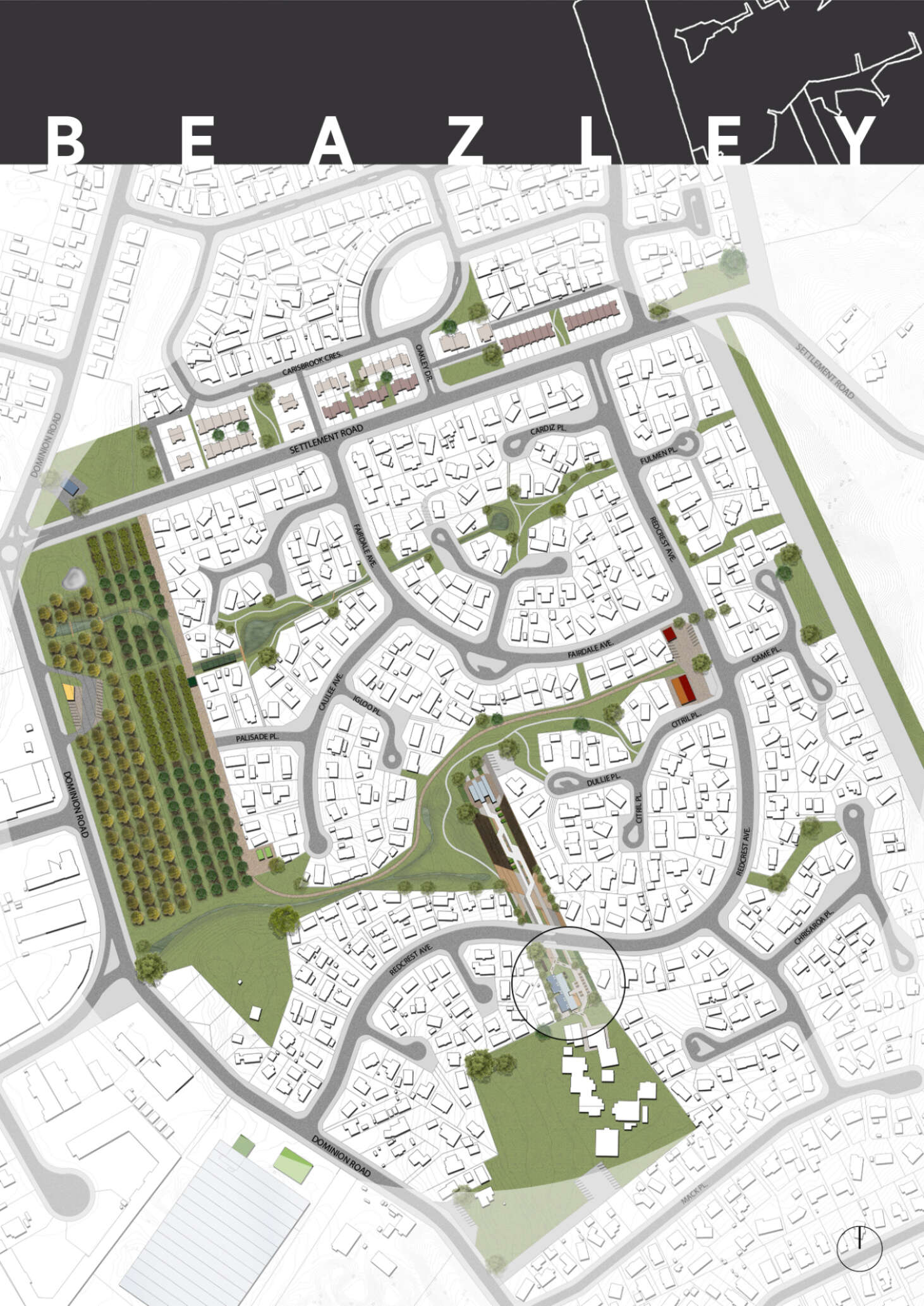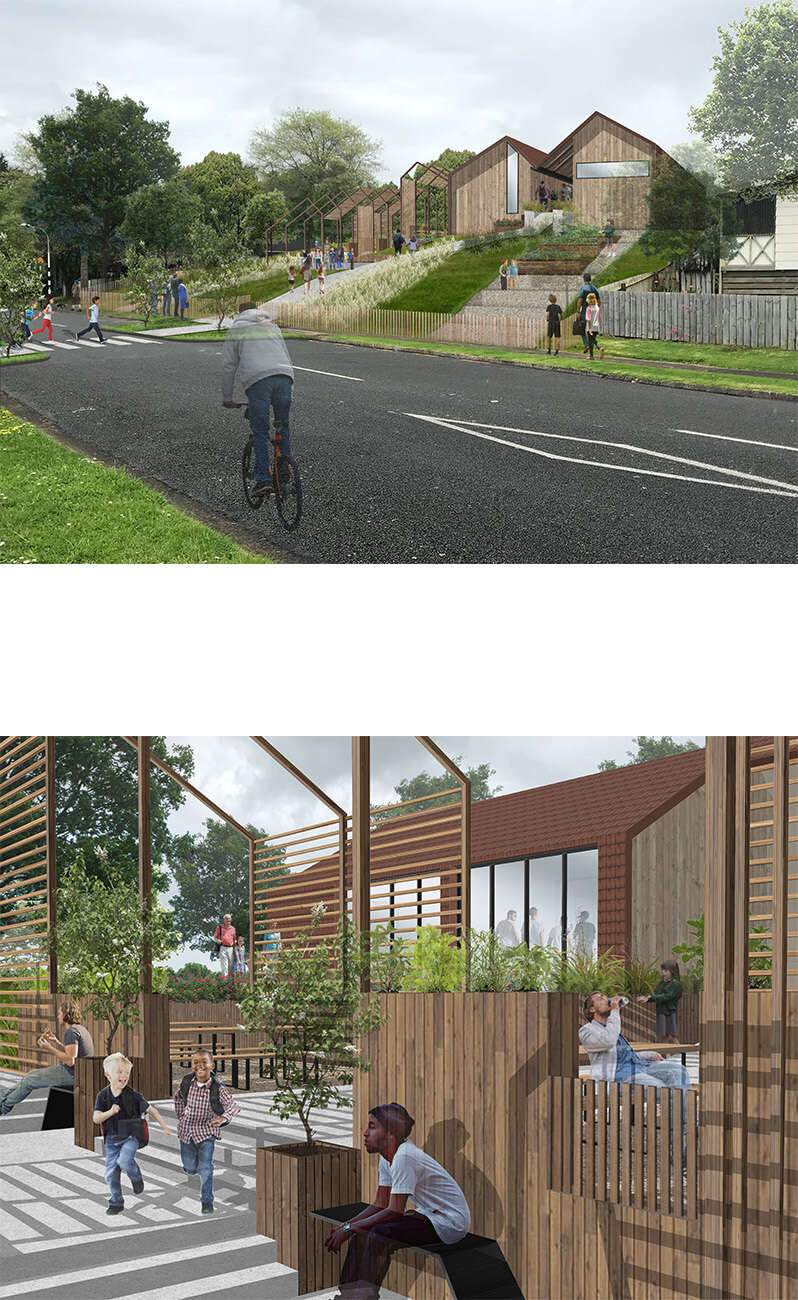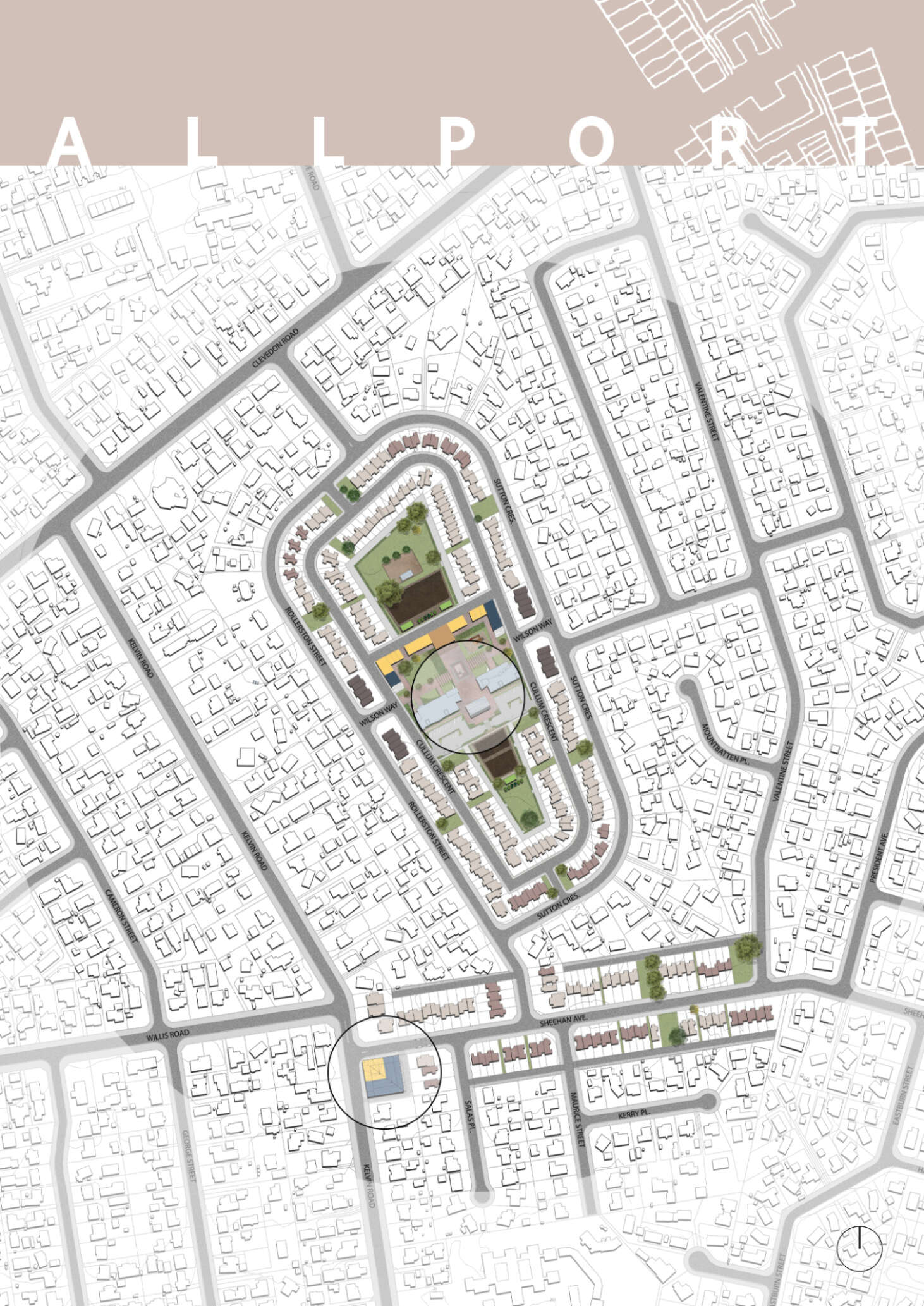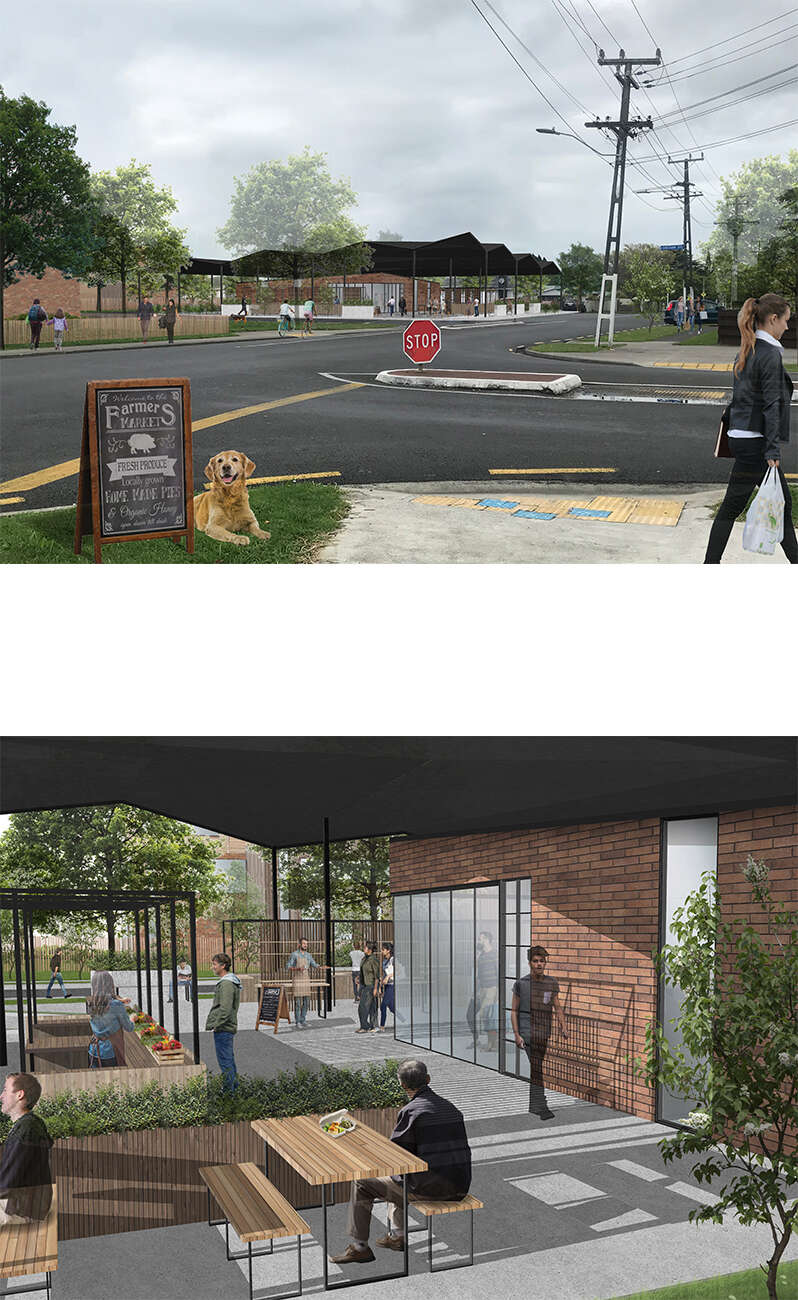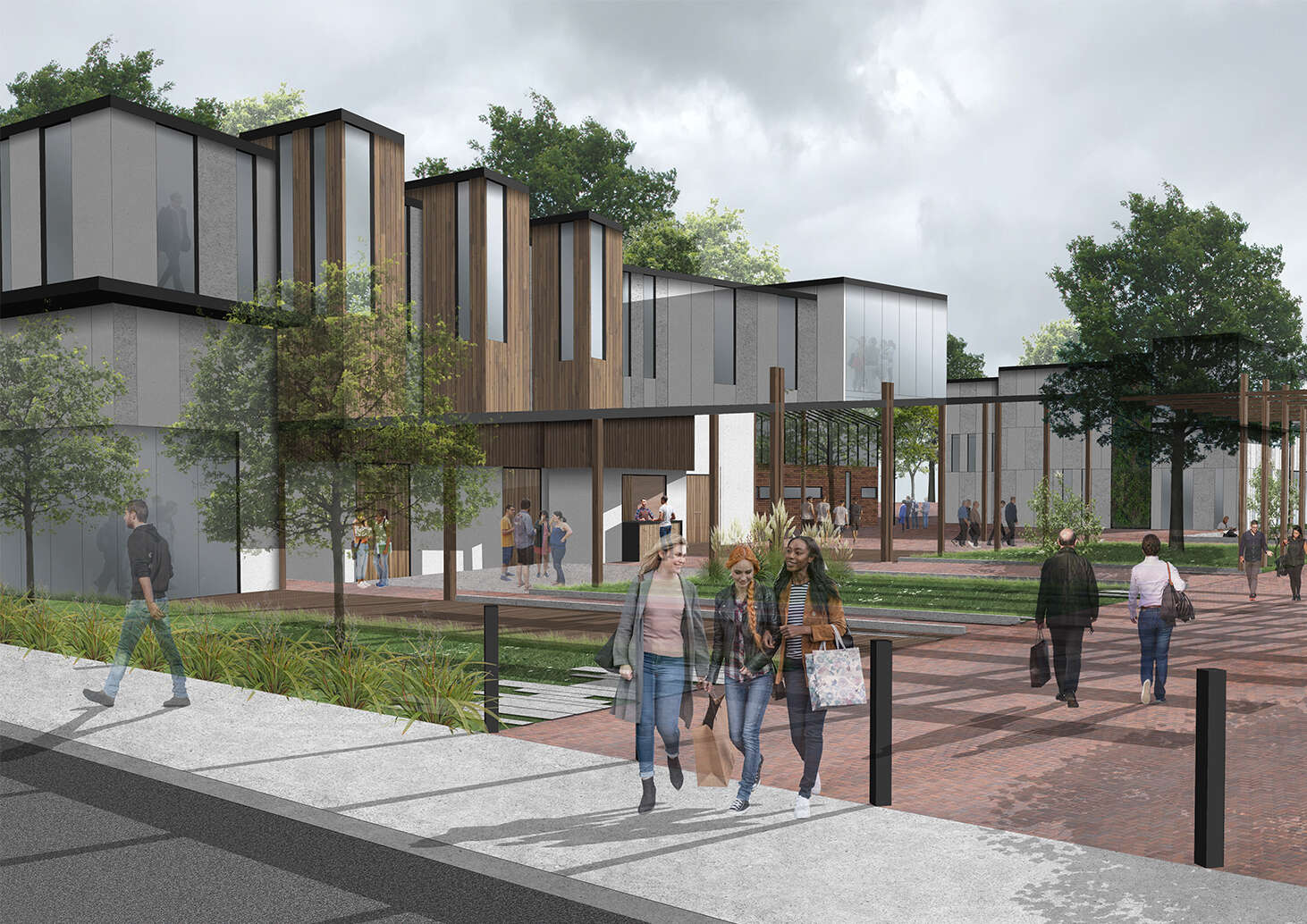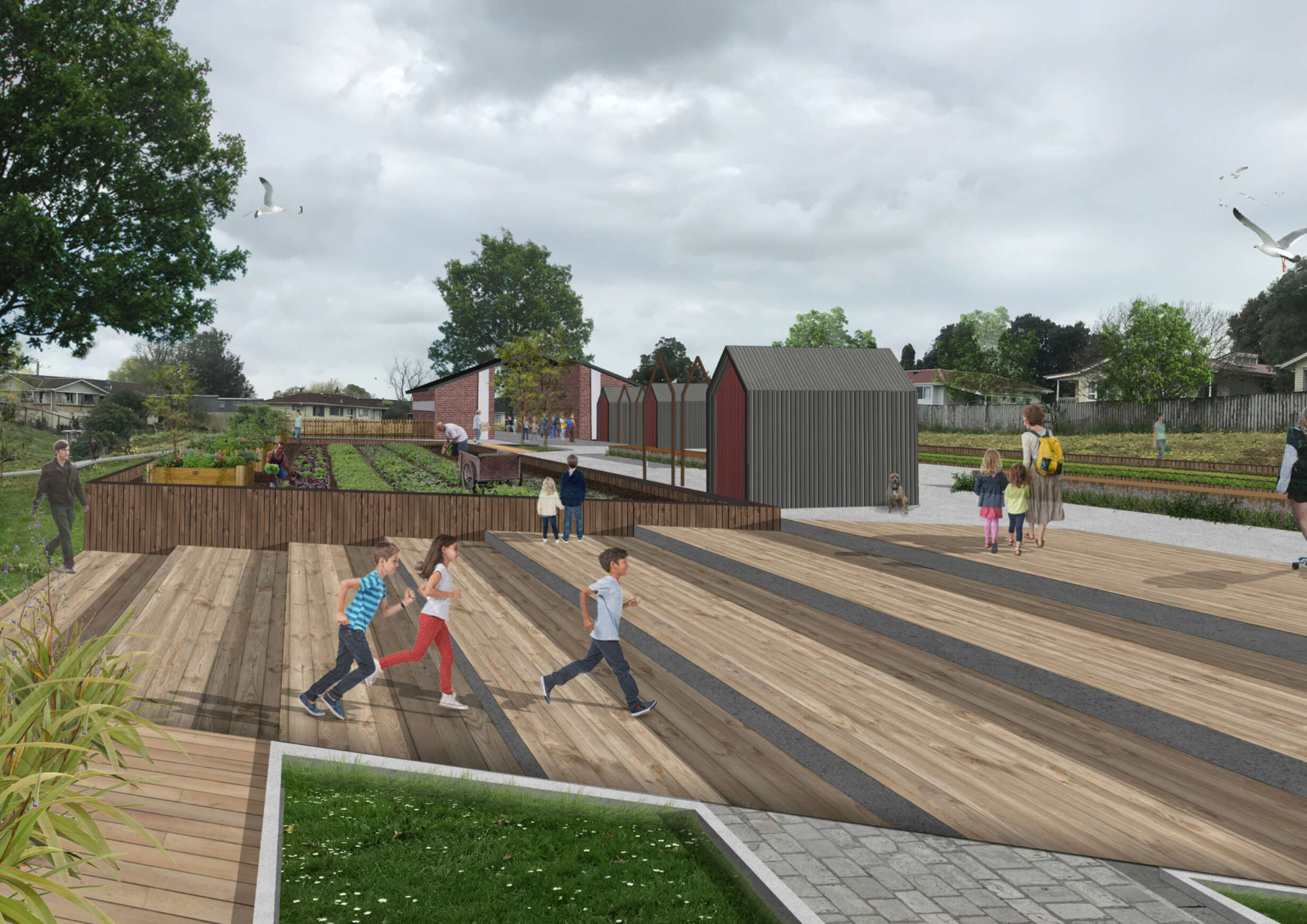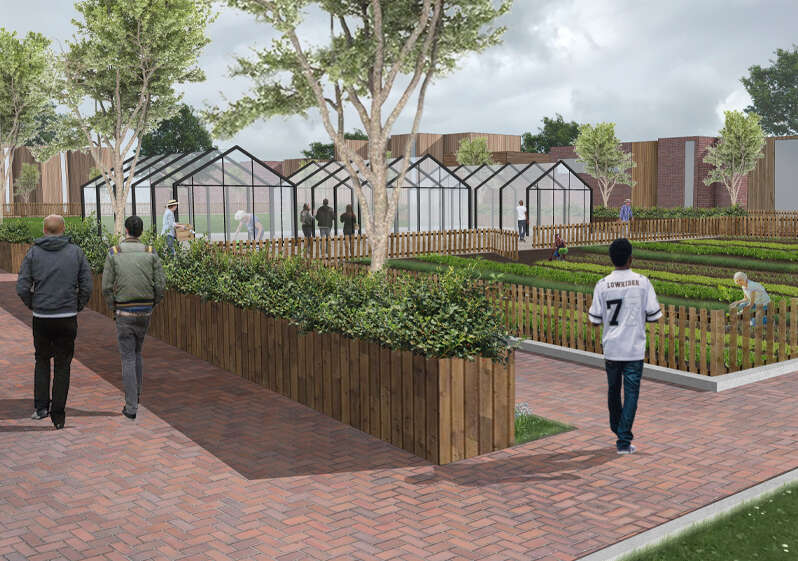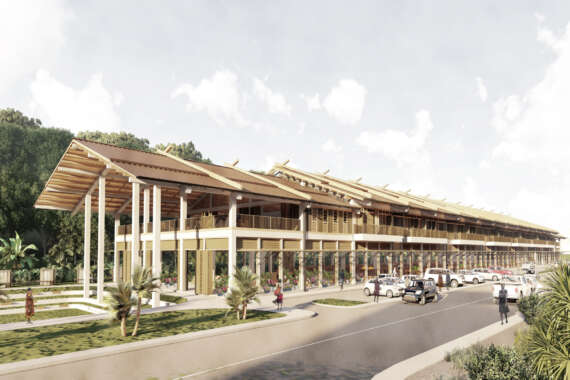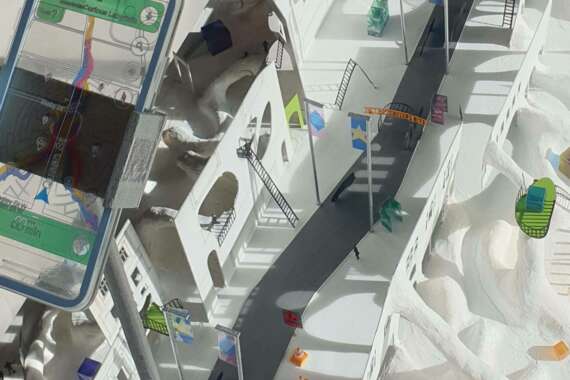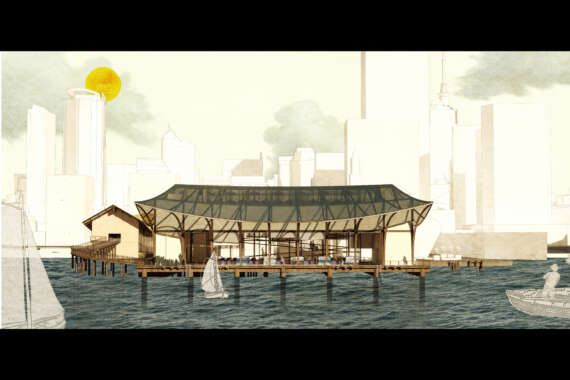Bridging the Gap: Neighbourhood Regeneration in South Auckland
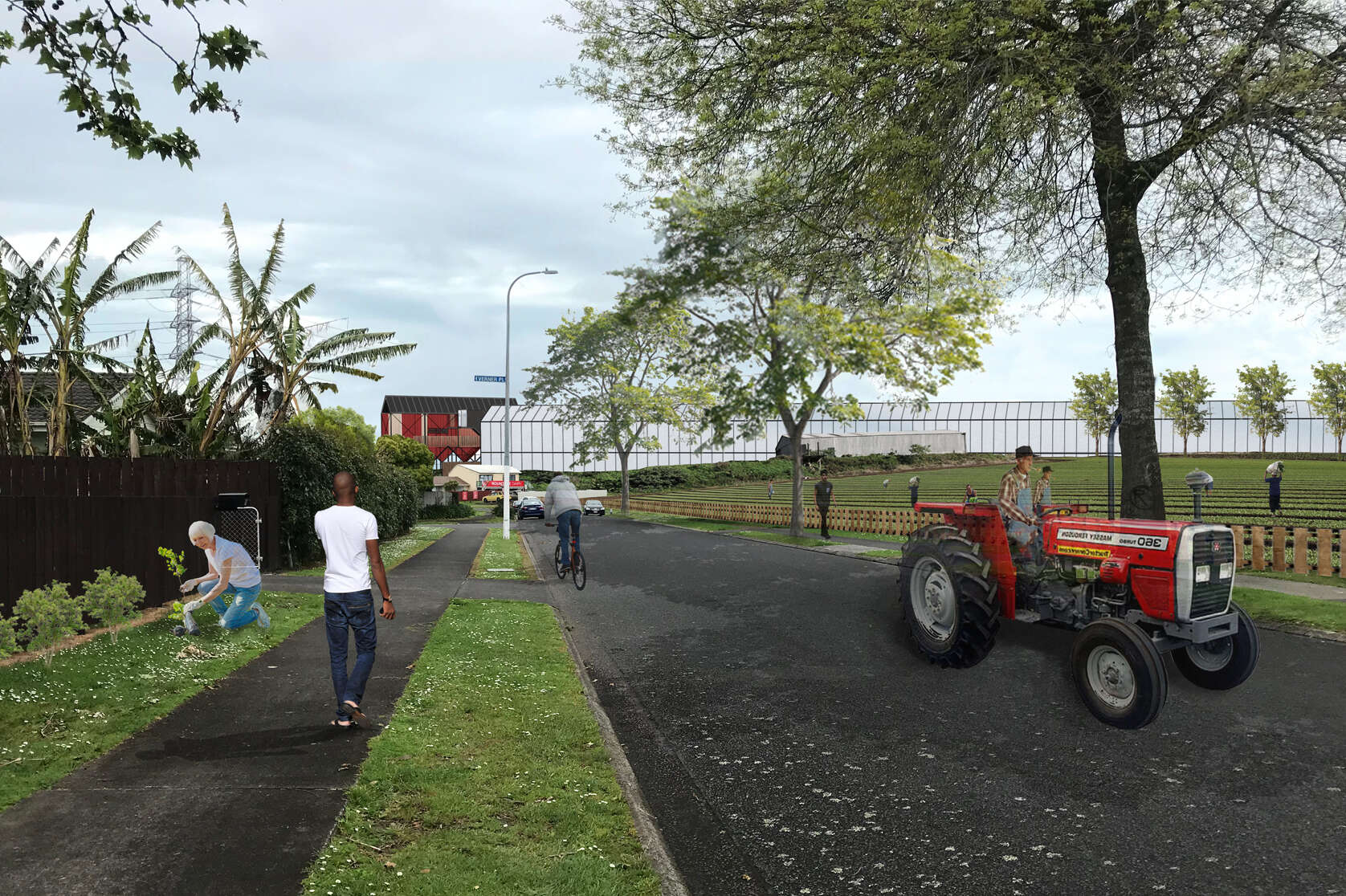
Auckland is a city divided by economic inequality.1 Prosperity from rapid economic growth is unevenly distributed, resulting in issues of social exclusion and isolation amongst neighbouring communities.
Auckland Council’s Southern Initiative outlines a long-term plan to promote transformational social, economic and physical change in South Auckland, where significant socio-economic deprivation and neighbourhood deterioration is endemic.2 This thesis investigates a systems-based approach to neighbourhood regeneration in the context of South Auckland to catalyse long-term community health for individual neighbourhoods and the wider district.
1. “Growing Prosperity: The Auckland Prosperity Index: Challenges and Opportunities,” in Auckland Economic Insight Series, vol. 5 (Auckland, New Zealand: Auckland Tourism, Events and Economic Development, 2018), 3, https://doi.org/10.1111/1467-8330.00166.
2. Auckland Council, The Auckland Plan: The World’s Most Liveable City (Auckland, New Zealand: Auckland Council, 2012), 91.







